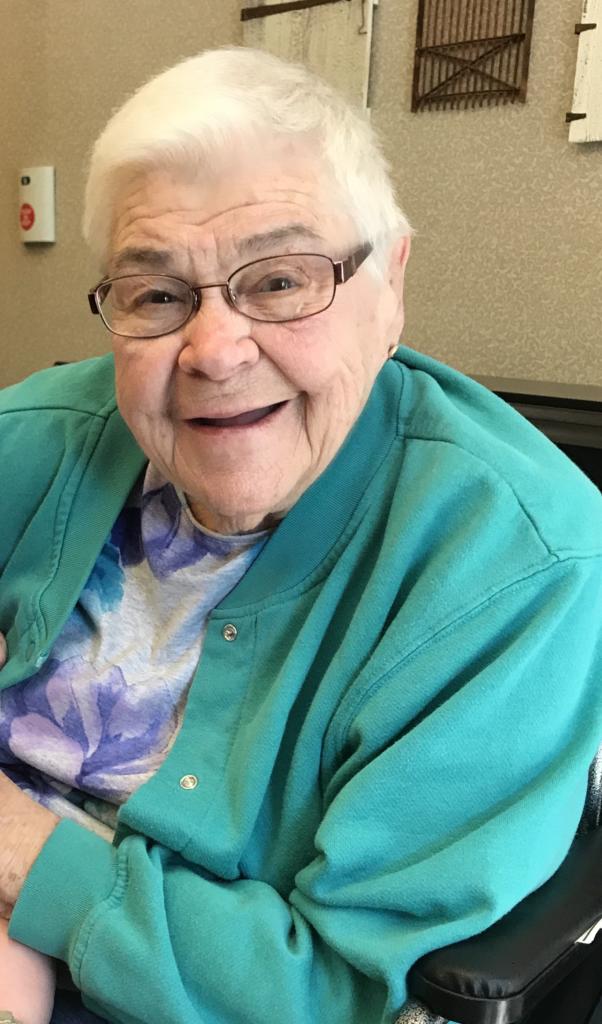Alzheimer’s: Reaching our Patients Through Compassion
and
Helping Caregivers Through Empathy

By: Catherine Valentino OTD, MAAL, MS
Since 1983, we recognize November as National Alzheimer’s Awareness Month. In honor of those who are currently fighting to sustain their independence and for those we have lost, it is important always to remember who we are treating. At every stage of Alzheimer’s progression, we are faced with the unique gift to help our clients engage in their world at levels which facilitate success and quality of life. Whether at the beginning stages of progress, or at the end stages there is always a unique person we are trying to reach, inspire, and facilitate. Understanding long-term and procedural memory will help identify what underlying strengths your patient possesses as well as where we can look to achieve success.
Every patient is capable of being an active participant in their care. It may be as dynamic as dancing, running, playing an instrument, or volunteering in their community. It may be something as simple as being able to sustain their grip on a grab bar or bed rail during care, but either way, they have engagement in activity. In the early stages of Alzheimer’s progression, it is important to know our patients do have the capability for new learning, but providing feedback and encouragement for correct sequencing is helpful. As the middle stages progress upon our patients using demonstrations for imitation is beneficial. Ensuring tasks are set-up for our patients with consideration to the sequence of items promotes active participation. When the late and end-stages of Alzheimer’s present, our role begins to shift toward movement patterns and facilitating simple communication. Behavioral changes can be alarming following an Alzheimer’s diagnosis, but if we understand the communication which is symbolized by behavior, we can meet our patient’s needs and increase the quality of life at every stage.
Recently, Caregiver Awareness has been added to this month-long focus on Alzheimer’s Disease. Caregivers are a vital component to our treatments as they promote carry-over of our clinical plans and face the daily needs of our clients. Incorporating nursing assistants, aides, and family members into treatment will allow them to gain skills in activity analysis in how we break down interventions as well as valuable communication techniques. As clinicians, we excel at combining simple commands with gestures to cue our patients for success. Additionally, helping caregivers understand the changing meanings behind behavior communication will minimize caregiver burnout. Be an advocate for your patient as well as for their caregivers!
Regardless of your discipline or setting, the key in any Alzheimer’s plan of care remains the patient inside the progress. Never lose your passion for knowing your clients and what has inspired them across their lifetime! When we connect with the heart of who our patients are, we can change their world and make it accessible. As education professionals, we are working to provide help to clinicians who are serving this phenomenal population. Through Summit, you can find courses on Alzheimer’s and the Dementia to increase your clinical toolbox.
Check out Catherine Valentino’s online video course, “Achieving Functional Progression in Dementia Care,” along with her other two courses, “Acute Care and ICU” and “Neurological Disorders.”
